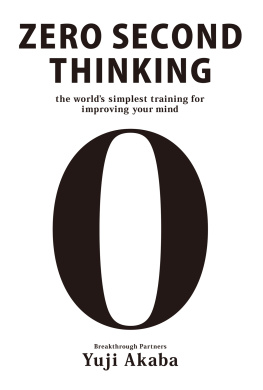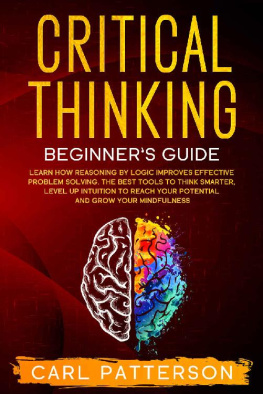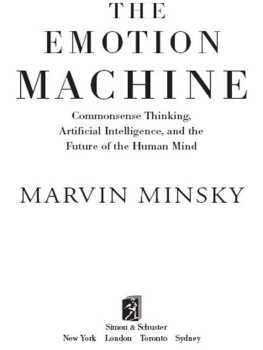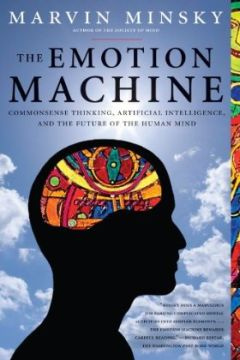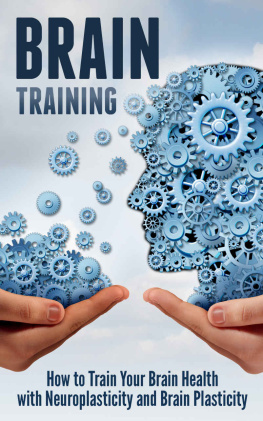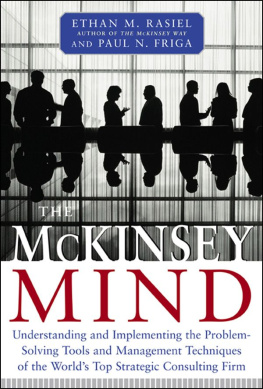Contents
Note-taking organizes your mind
Note-taking builds confidence and positivity
Note-taking releases your anger
Note-taking facilitates rapid growth
Writing similar titles many times over
How to save up titles
Stretching out each line (1015 words)
Working hard to write four to six lines
Not minding the order in which you write
Following the note-taking format without fail
The optimal pen for note-taking
Learning to write notes wherever you are
Quieting and organizing your mind
Communicating smoothly
Accomplishing your goals
Growing and becoming able to work bette
Writing over fifteen to twenty pages until you feel convinced
Jotting down ideas one after another
Laying them out like a card game
Adding and organizing new ideas as they come
Balancing the whole
Writing in PowerPoint while referencing notes
Allowing your proposal several days to ripen then raising it to the next level with meticulous revisions
Having them write notes for you
Writing notes while listening to their worries
How to store notes
Generally, do not look back on notes
Organizing your folders and taking a brief look after three months
Re-examining once more after another three months
INTRODUCTION
People with wholehearted intention who in reality are at a standstill are surprisingly common.
No forward progress. Or, spinning your wheels. When theres something youre hung up on, your mind doesnt work well, and your thoughts just dont run deep. Even if you try to think, some other immediate task floats into your mind. You cant concentrate. You flit to and fro, end up running in circles, unable to reach a conclusion, incapable of getting to the core of it all.
Prior to thinking deeply, it is progress to be able to think even a little bit constructively. When you waver, fretting at the entrance to the challenge whether its this or that, you wont progress even a single step forward, let alone be able to think deeply. Youve thought about it, so much that youre tired of thinking, and even then youve made no headway.
From the start, the majority of people have no understanding of how to think deeply .
Youre told to please think harder , told this idea is shallow , and you understand that others are demanding you to think deeply. When were able to think deeply, we somehow feel that were able to accomplish amazing things, but no one knows a concrete methodology for doing so. Even when we think we might have it, we lack confidence.
Taking a moment to think back, from elementary school onwards in Japan, thinking exercises which require us to effectively assemble our thoughts are mostly absent. Instruction on how to deepen our thinking is, aside from sparse composition exercises, also mostly absent. And of opportunities to speak in class, the majority are in response to the teachers questions. Chances to battle out opinions like in America are also mostly absent. Which is to say nothing of the fact that manners of thinking, methods of coping with ones troubles, and so forth, are not covered at all.
I believe that those who can make ordinary conversation, read books, and use the internet are inherently intelligent. Some people are susceptible to stress and pressure, but everyone has their own opinions and can express them when in a comfortable environment. Everyone also possesses appropriate powers of judgment. To be certain, some ideas are shallow and some deep, but this too will improve through conversing with others. Age, academic record, sex, experience, and so on play little role in this. Even so, surprisingly many people have no confidence in themselves, and their precious potential becomes a squandered resource.
This is such a waste. With a method for organizing ones mind, for gathering and deepening ones thoughts, anyone can grow as though they are a different person. They will be able to excel at work. Their communication troubles will diminish, and they will be liberated in no small way from unnecessary suffering, capable of living freer than before.
I was involved in management innovation at McKinsey, a consulting firm, for fourteen years, and since the year 2000 have been engaged in cofounding startups and management support. Management innovation refers to attacking head-on the management challenges companies confront, improving profitability, implementing organizational reform, launching new enterprises, and developing human resources. I work with CEOs, executives, department heads, section managers, and other high-level leaders to promote awareness and behavioral reform. Since the fighting power of company employees greatly influences the future of companies, it is imperative that each employee grow to consider matters more deeply, devise solution strategies, and leave no stone unturned.
Concurrently, through various encounters, Ive had frequent chances to speak and interact with many people, including opportunities to counsel students at business plan contests and venture-related university lectures.
Fortunately, through such efforts and connections with many people, Ive worked out an effective method for deepening ones thoughts and organizing ones mind.
It doesnt matter whether youre an elementary school student or a university student or a working-adult, whether youre a man or a woman, or whether you have a good academic background or not. Nationality, too, matters not. No matter who you are, this method produces startling results.
It simply entails writing down, one after another, whatever floats into your mind. Write these not in a notebook or on a computer, but simply use one piece of Letter paper per thought.
Rather than leisurely spending time on each, quickly finish one page in within one minute. Write 10 pages every day then instantly organize them by throwing them into one of several folders. Just by doing this, you can train the most fundamental ability to think , something which is not adequately taught even in McKinseys program. You will not only be able to think deeply, but will also approach the ultimate level of Zero Second Thinking. You will become the master of your mind; stress and anxiety will fall away. Youll begin living with eyes on your own bright future. Moreover, it costs almost no money, and in just three weeks time you can expect to feel considerable results.
From here on, I will introduce the concrete method. Chapters 1 and 2 further elucidate tips for thinking and what I mean by Zero Second Thinking. Those who want to put note-taking into practice and draw nearer to Zero Second Thinking as soon as possible may begin reading from Chapter 3.
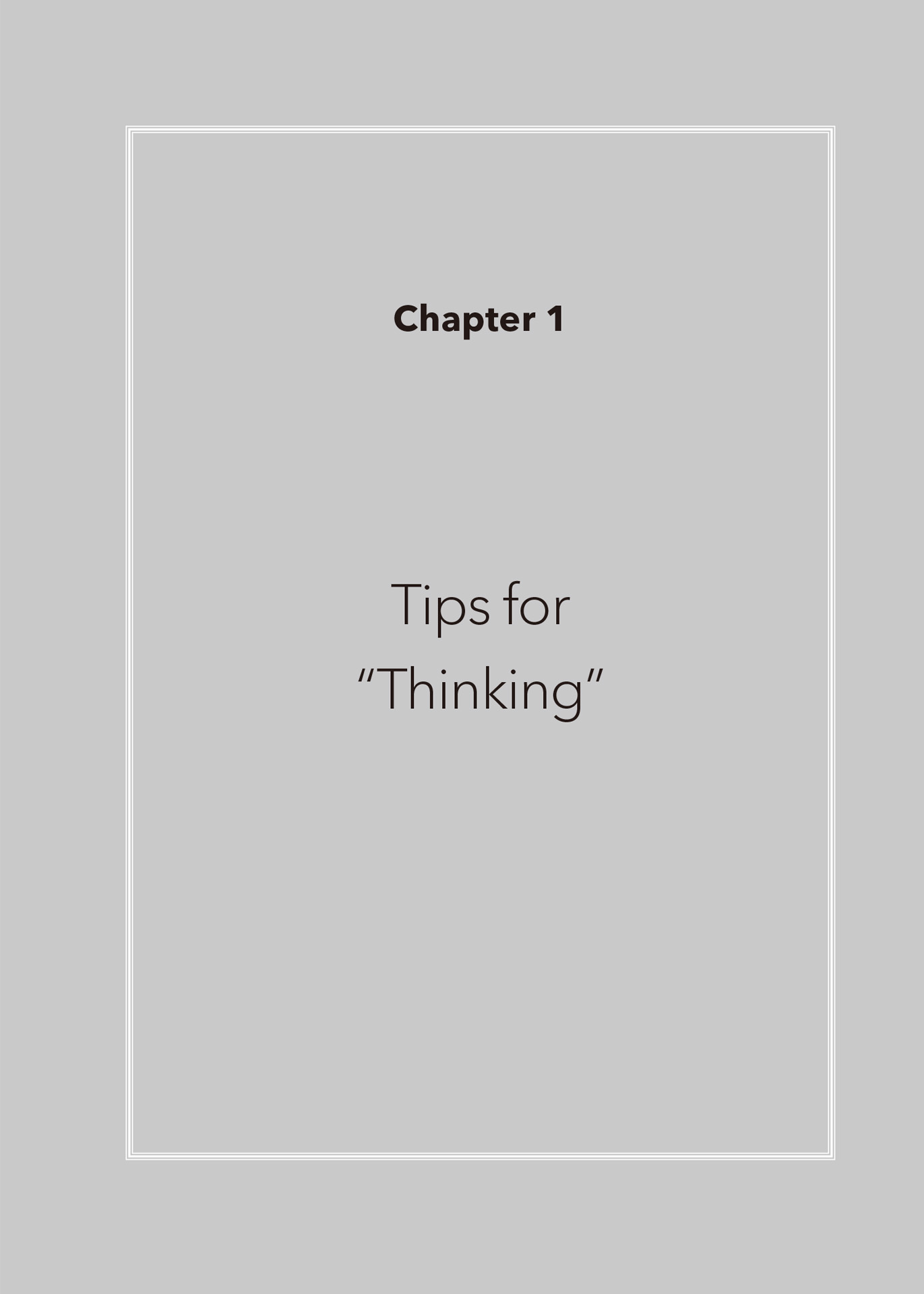
Putting into words the images and intuitions that come to your mind
To begin, I want for you to raise your awareness of the relationship between thoughts and words. Thoughts are formed by words, and emotions can be put into words. From there, lets try putting into words the images and intuitions that come to our minds.
Its common for our minds to feel foggy. Various words float around. Language that wont become words emerges and disappears. Lets try our best to put it into words. Lets try to put it into words the second it rises to the surface. Talk is cheap, however, and this language will continue to flicker without becoming distinct if left in the mind, so begin to write. Even if bad thoughts about this or that come to mind, write them without concern. Without concern means write peoples names, or desirous or hateful or bitter things, exactly as they are. Find a way to work through unpleasant feelings and begin writing. Having done that, after expelling it all out, strangely enough, you will become able to be just a little more forward-looking.

